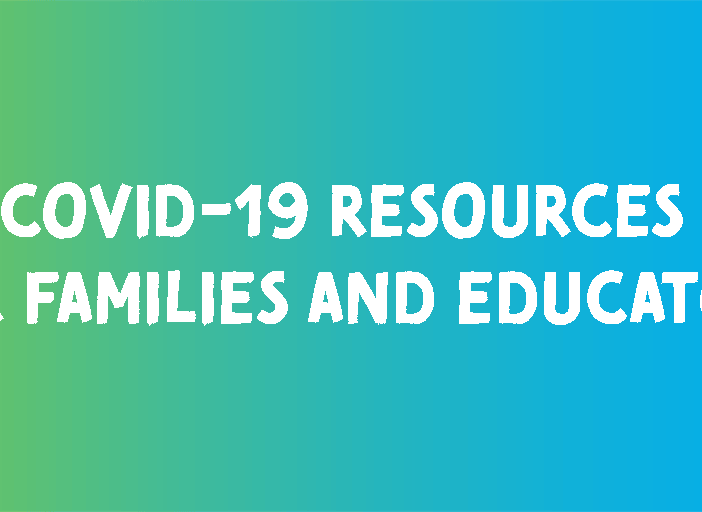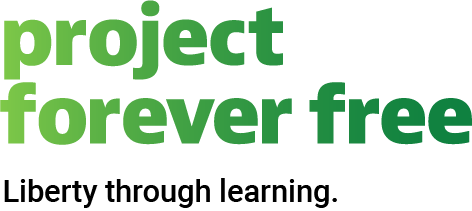Read our letter in response to Coronavirus.
In this time of crisis, we remain committed to demanding a better education and a brighter future for every child. Now, more than ever, our children need us to meet both their academic needs as well as their most basic living needs so that they can continue to thrive today, tomorrow and in the weeks and months ahead.
We know that knowledge is power and just as we always have, we want to put power in the hands of families and communities during this time of uncertainty. Below is a list of resources and links that have been most useful to the families, educators and activists in our network—from learning activities to places to secure food. Have a resource that’s not on the list? Share it with us, and we’ll add it to the list.
Choose a category: Public Health Updates | U.S. Department of Education | Learning from Home | Free Digital Learning | For School Leaders | For Teachers | For Journalists and Bloggers | Food & Financial Help
Public Health Updates
CDC: By now, you’ve probably heard of the CDC (if you hadn’t already). Check here for regular public health updates on COVID-19. Explaining COVID-19 to children can be difficult, they have child-friendly resources to help guide the conversation.
U.S. Department of Education
U.S. Department of Education: We’re entering a new territory with COVID-19. For school leaders and systems, check here for updates on K-12 flexibilities, student privacy, and educating students with disabilities.
US Department of Education Fact Sheet: Though we’re moving to remote learning, the civil rights of students still matter (perhaps more than before). Here’s a fact sheet to make sure civil rights protects remain in place for students during COVID-19.
How to Provide Services to Children With Disabilities: This is becoming a true challenge for districts and families. It’s not perfect but here’s a Q&A for administrators of public and private childcare programs and K-12 schools.
Learning From Home A.K.A. Instant Homeschool!
Thomas B. Fordham Institute: From one parent to another, Fordham’s president shares the best YouTube channels, Netflix options, and even podcasts!
TNTP: Before you hop into all the homeschooling links available, you’ll want to take a look at these guiding principles so you don’t get completely lost in the sauce.
EdNavigator: Working from home with children isn’t easy…you’re going to need a plan. Here’s one option.
Great Schools: If you’re a parent, by now you’ve gotten tips from everyone—and their mom. It doesn’t hurt to also try these seven tips to help make learning from home a little bit easier.
New York Times: The NYT has this really cool thing where students can respond to daily writing prompts inspired by the NYT—and the great thing is, you don’t have to have a subscription!
Atlantic: As much as you may love your children, being in quarantine is tough. Here’s how parents can keep kids busy (and learning) in quarantine.
Free Digital Learning Resources
Great Minds: Math is probably one of the most difficult subjects to keep kids on-track at home. Luckily, you don’t have to do it alone. Great Minds has written material for math (Grades K-12) and daily instructional videos for English language arts (Grades K-8), and science (Grades 3-5). The best part about this resource? New video lessons and content is updated daily.
Khan Academy: A familiar, tried and true online resource for everything preK-12.
NewSchools School Closure Resources: A living document sharing the latest resources available for families and educators. If you’re in need of internet assistance, you should definitely check this out.
Pave: A (really) long (but helpful), and updated, list of education companies offering free subscriptions due to school closures. Be prepared to sift through but it’ll probably have what you’re looking for.
PIE Network: A collection of resources that everyone can benefit from whether you’re an educator, parent and/or activist.
Zearn: Thanks to donations, their entire K-5 math curriculum is now available for free, this includes paper-based materials that can be used without a device. This is a big deal!
Resources for School Leaders
Chiefs for Change Resources for Education Systems: Are you a school leader? Then this is the resource guide for you. Learn how other states and districts are responding to COVID-19.
Instruction Hub COVID-19 Resource Hub: You don’t have to manage extended school closures alone. Check the Resource Hub to get tools and resources to help support student care and continued learning.
BIg Picture Learning Student-Centered Response Library: If student-centered learning is your top priority, this living Google Doc is a great resource. From suspended mentorships to school closures to counseling and wellness, this doc will help approach concerns thinking of students first.
Education Week Downloadable Guide for Schools: If your community is affected by coronavirus, this downloadable guide will walk you through how to handle school closures, communicate to families, and what you can expect to receive from local and state public health authorities.
The Education Trust: Equity doesn’t get thrown out because of COVID-19. In fact, it becomes even more important now. The Education Trust shares six steps schools can take to address educational equity.
Resources for Teachers
KQED: In addition to listing digital resources, KQED is hosting webinars to help teachers set up their digital classroom and become familiar with digital resources. This is particularly great if you feel your lacking the support of your district/school system.
Stanford Teaching Effectively During Times of Disruption: This living document covers how to keep teaching even in times of disruption. Get pedagogical support, tips on Zoom, general tips for teaching online, among other supports.
Resources for Journalists and Bloggers
ISTE/EdSurge: Editors and reporters will host weekly webinars on how K-12 schools are coping and following the move to remote learning. Some of the topics covered will include equity, social-emotional learning and special education.
Poynter: The advice is aimed at journalists, but these nine tips are useful for any community activist or parent who is straining to cope with the constant stress and change.
Food & Financial Help
Feeding America: There are a few options to turn to for food security, this one will help you find your local food bank.
Why Hunger: Find community-based organizations and emergency food providers.
No Kid Hungry: Many children are losing the school meals they depend on, and low-income families are losing wages, No Kid Hungry is dedicated to helping children and families impacted by coronavirus.
United Way: United Way Worldwide launches COVID-19 community response and recovery fund. The fund is intended to help the most vulnerable populations receive the critical financial and social service supports they need.
Ten: Check here for a variety of resources from daily meal services, parent support groups and internet assistance.





